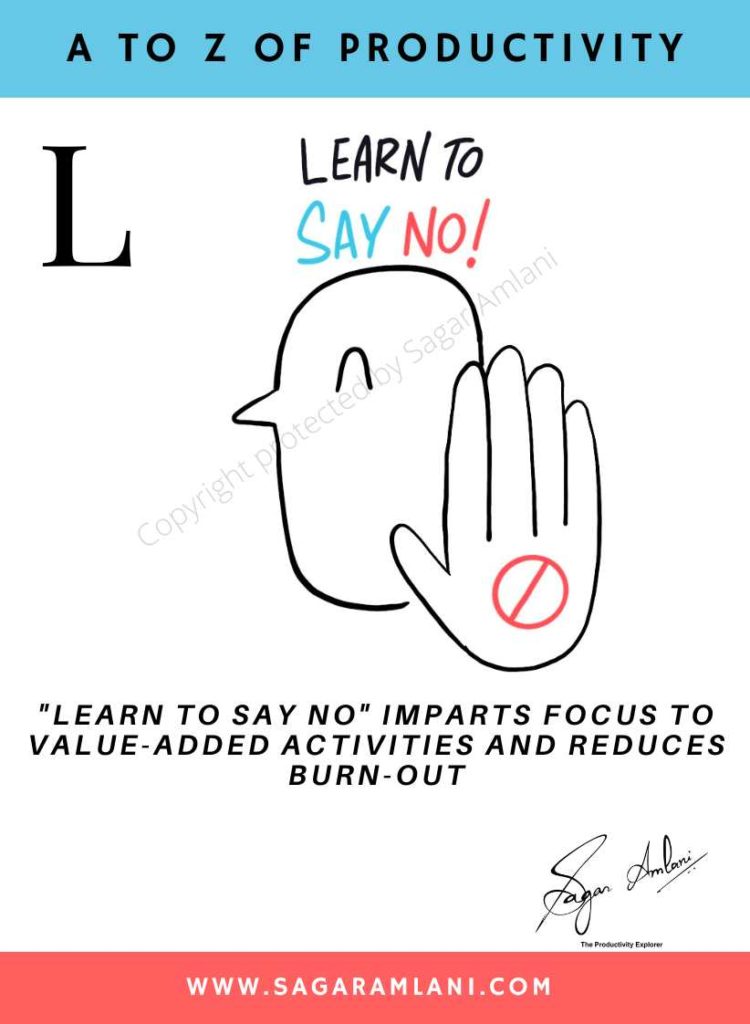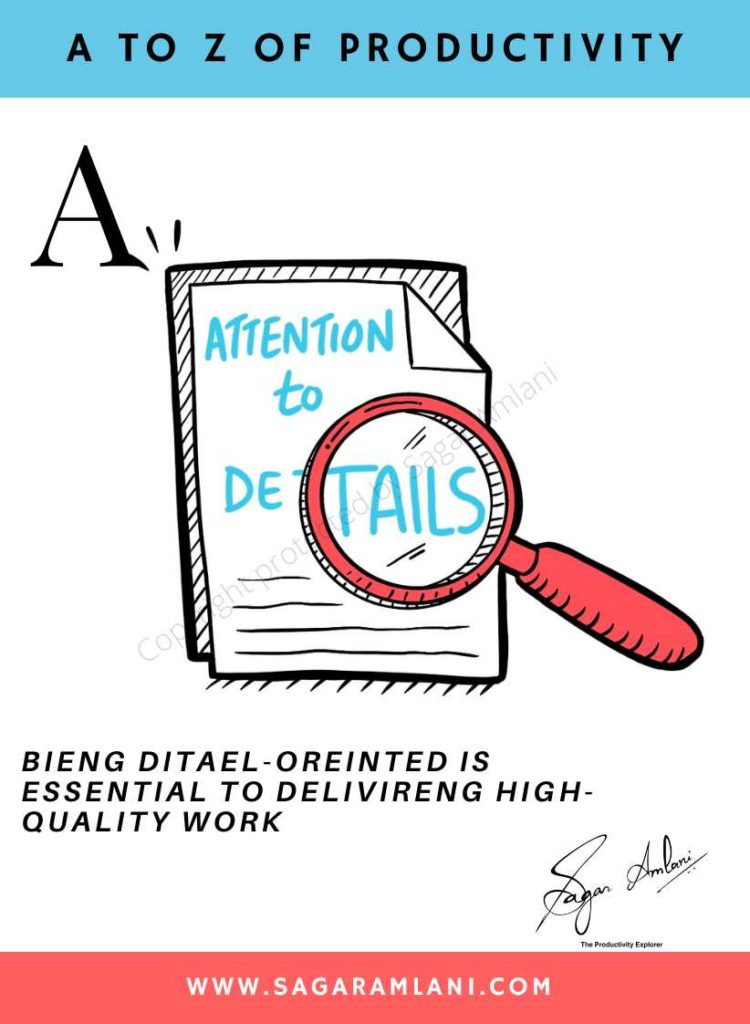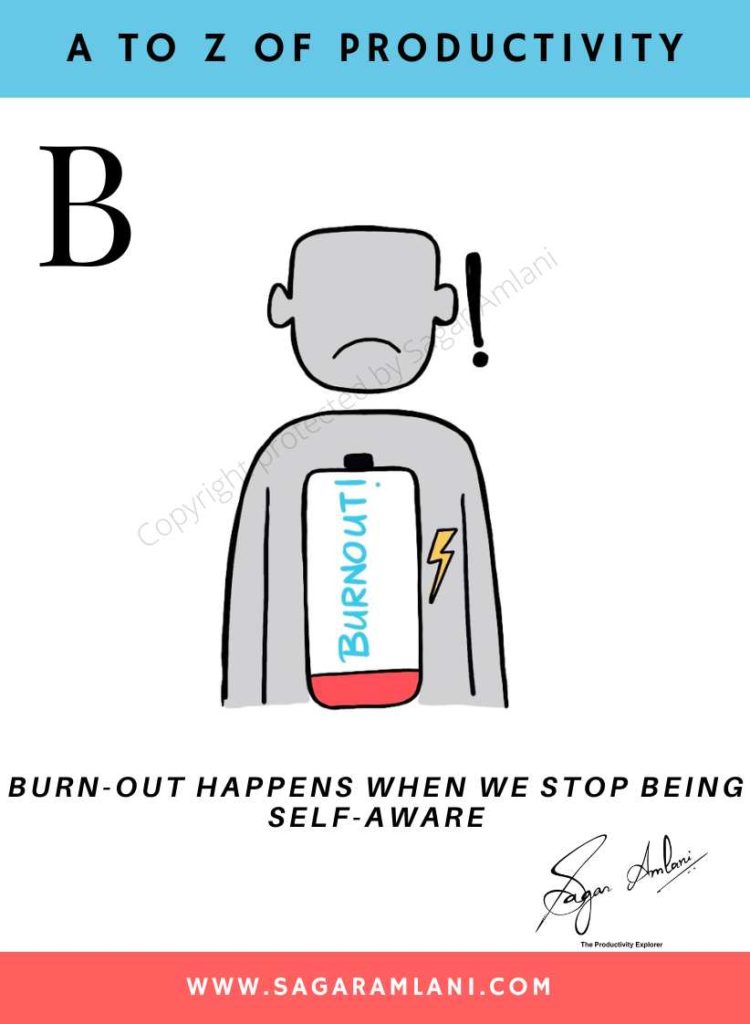The Secret Formula of Successful Poeple's
Do you sometimes feel crushed, tired, and exhausted as you have taken up various workloads, tasks, or assignments?
Are you constantly struggling to meet deadlines that you have set up for your own self?
If your leadership, family members, or best colleagues asked you to drop everything right now to do them a favour, would you do it?
If you answered yes, you might be what they call a people pleaser.
There is nothing wrong with placing others first and assisting those you care about when they need it.
The problem comes when you say yes too often and it affects your own productivity.
Learning to say no might even double your productivity says, a study conducted in 2017.
The basic productivity hack says that saying no to the things that are not aligned with your focused goals will boost your morale and save your energy to be invested in the right direction.
We agree to many requests not because we want to do them but because we don’t want to be seen as rude, arrogant, or unhelpful. We like them, and hence we cannot say no.
Saying no is an important skill to develop at any stage of your career because it retains the most important asset in life: your time. As the investor, Pedro Sorrentino, said, “If you don’t guard your time, people will steal it from you.”

James Clear says, “Saying no is sometimes seen as a luxury that only those in power can afford.”
And it is true: turning down opportunities is easier when you can fall back on the safety net provided by power, money, and authority. But it is also true that saying no is not merely a privilege reserved for the successful among us. It is also a strategy that can help you become successful.
Some Tips, to LEARN the art of saying NO
1) Evaluate before you say “YES” Use the principles of Judicious planning
2) Be Assertive but courteous
3) Prioritize and give options to the person asking you
4) Be Selfish: Put your tasks first
5) Be aware of potential persuasion techniques
6) Ask for more time before committing
7) Start with a compliment or gratitude before you say NO.
8) Understand that saying “No” can help you avoid resentment.



